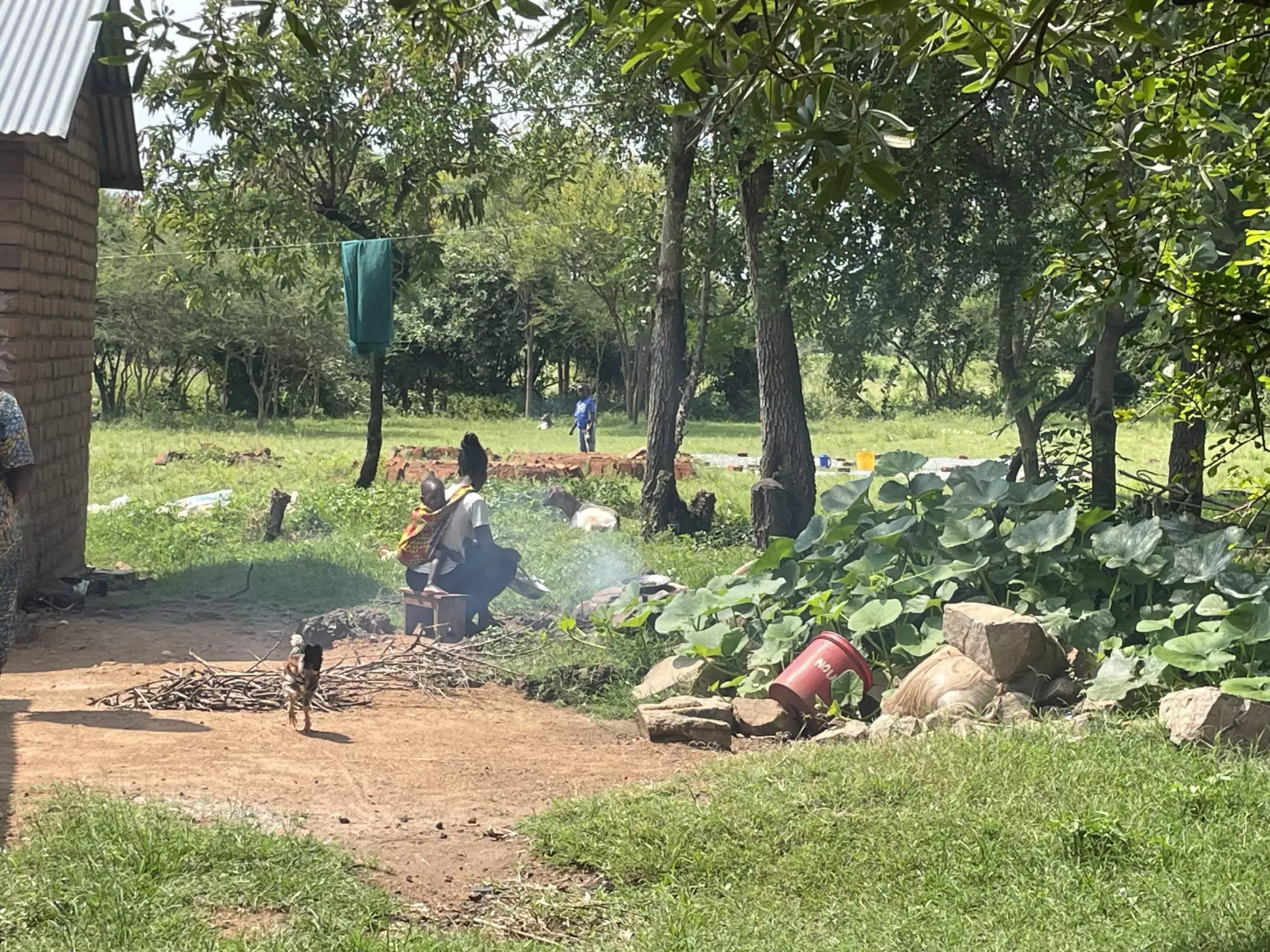

The distribution of efficient cookstoves in developing countries as a means to reduce greenhouse gas emissions is the fastest growing type of offset on the global carbon market. However, a recent study has uncovered a major flaw in this approach, revealing that the credits overestimate the carbon savings of the stoves by a factor of 10. This overestimation not only undermines efforts to combat climate change, but also erodes trust in the carbon market and its ability to support long-term financing for efficient stoves. In this article, we will examine the implications of this study and its recommendations for improving the accuracy of carbon offset projects.
Companies rely on these offset credits to meet climate targets and promote their products as “carbon neutral.” However, the overestimation of cookstove carbon savings means that these companies are not making real reductions in greenhouse gas emissions. As a result, genuine efforts to slow climate change are undermined, and the market’s credibility is called into question. Trust is a vital component of the carbon market’s success, as it ensures the ongoing financing of projects aimed at reducing emissions.
The study conducted by researchers from the University of California, Berkeley, compared five different methodologies for evaluating the emission reductions of cookstoves. These methodologies were then compared to published studies and independent analysis. The findings of the study reveal significant flaws in the current methodologies used to assess cookstove carbon savings.
The study not only identifies the extent of the quality issues in the carbon offset market but also provides specific recommendations for aligning cookstove methodologies with current science and Sustainable Development Goal progress. The researchers advise buyers to prioritize projects that distribute stoves meeting the World Health Organization’s health standards. Currently, the majority of stoves on the market do not meet these standards. By prioritizing health-focused projects, the potential for substantial improvements in both health and climate benefits can be realized.
The study’s key findings highlight the need for a paradigm shift in the approach to cookstove projects. The majority of “improved” stoves currently in use do not reduce smoke enough to generate health benefits or achieve significant emissions reductions. The researchers propose a shift towards clean fuels and stoves that can deliver transparent monitoring and low emission profiles. By focusing on quality solutions, the health and climate benefits of these projects can be maximized.
This study marks the first comprehensive, quantitative quality assessment of any type of offset project. Its findings have garnered substantial attention from various communities, including the cooking-health, carbon market, sustainable development, and national climate action sectors. By shedding light on the overestimation of cookstove carbon savings, this study has the potential to drive revisions in offset methodologies and restore trust in the market.
The rigorous method developed by the researchers to assess offset quality can be applied to all project types on the offset market. This comprehensive approach enables offset program developers, program regulators, and credit assessors to accurately evaluate offset quality and prevent over-crediting. By implementing these assessment methods, the market can ensure that offset projects deliver genuine emissions reductions and contribute effectively to climate change mitigation efforts.
The overestimation of cookstove carbon savings by a factor of 10 poses significant challenges to global climate change mitigation efforts. The study’s findings expose the flaws in current methodologies used to assess cookstove projects and emphasize the need for a paradigm shift towards clean fuels and stoves. By adopting the study’s recommendations for improved assessment methods, the carbon market can restore trust, support genuine emissions reductions, and contribute to long-term financing for efficient stoves. Ultimately, this will help in achieving climate targets and addressing the urgent need to combat climate change.
Rogue waves have long been a subject of fascination and terror in maritime lore. These…
As the world grapples with public health challenges, especially those posed by infectious diseases, the…
The Sombrero Galaxy, also known as Messier 104, embodies a breathtaking blend of spirals and…
In recent advances in quantum electronics, a groundbreaking discovery leveraging the concept of kink states…
In the intricate tapestry of nature, ice often exists in a delicate balance with liquid…
In an astonishing event that captured global attention, a rogue object from beyond our Solar…
This website uses cookies.